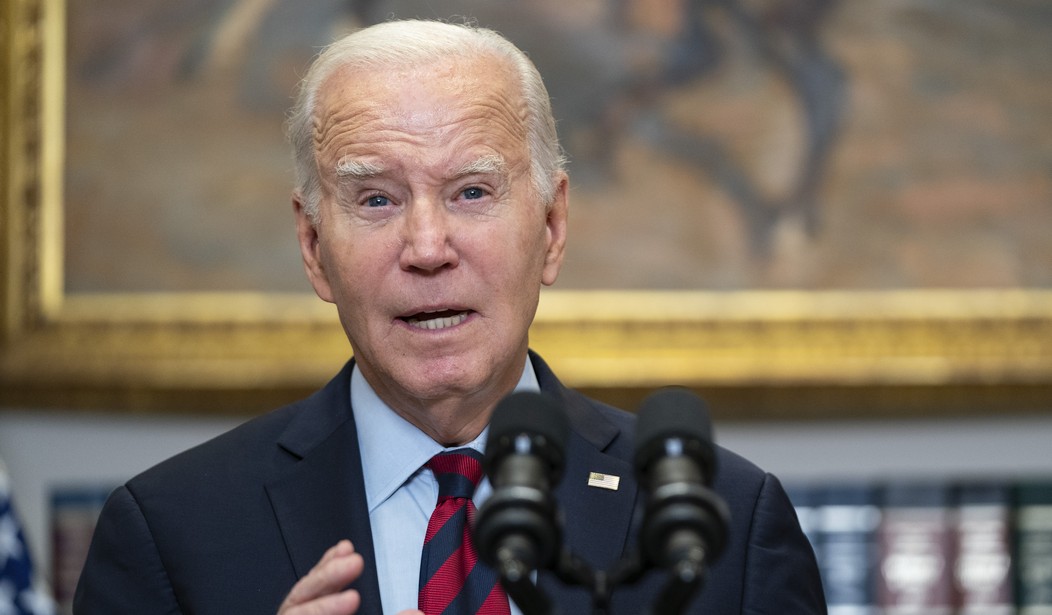In the course of a consulting career that lasted over 30 years and took me to do business on four continents, I spent quite a lot of time on airliners. In fact, for some years I spent so much time airborne that I routinely checked myself to see if I was growing feathers. Mind you that would have certainly saved me some serious money on airfare, although flying to some of the places I did business --Tokyo, say, or South Africa -- would have been pretty tiring.
Even now, our life in the Great Land requires a plane ticket any time we want to go visit family (unless, of course, we want to spend five or six days driving down the AlCan), whether it be in Colorado or Iowa, where our expanding brood has settled. And we do notice that, along with everything else, the cost of that airline travel has gone up in recent years. That's not surprising, given the economic policies of the current shambling wreck of a presidential administration we are saddled with.
So, why, then, would various world governments, including our own, be pushing airlines into a practice that will make air travel less efficient and more expensive, and raise food prices into the bargain? The "Watts Up With That?" blog writes:
One of the absolutely nuttier ideas to come out of the climate change / anti-fossil fuels mania of modern times comes from the international airlines business. They are being pushed by governments and getting unending pressure to signal their virtue by visibly climbing aboard the “Stop Fossil Fuels Now” bandwagon. The hitch is, as we all know, is that airplanes need fuel to fly and currently, fossil fuels are the only choice.
But, thanks to the venerable Old Gray Lady, we are now informed, with interactive media, that:
“Airlines Race Toward a Future of Powering Their Jets with Corn”
The headline is simultaneously literal and tongue-in-cheek – the (I am fighting the urge to use the phrase “corny idea”) concept is to replace the more usual jet fuels with ethanol made from corn.
"Corny idea," while I appreciate a good pun as much or more as the next guy, just doesn't seem adequate. "Stupid idea" -- now that's more appropriate. And it's been quite a few years since the Old Gray Lady was worth anything more than fish wrap or birdcage liner.
Back to the issue at hand. There's a problem, of course, as there seems to be with so many such schemes: It won't work. "Watts Up With That?" continues:
How much ethanol are they talking about for automotive gasoline each year? “14 billion gallons”. “….the 135 billion gallons of finished motor gasoline consumed in the United States contained about 14 billion gallons of fuel ethanol.” [ source – US EIA ]
How much fossil fuel-brd jet fuel is burned each year? In 2019 commercial 95 billion gallons of jet fuel were consumed. [ source ]. The Covid panic reduced that somewhat, but the total is expected to reach that again this year.
To replace all of the fossil-fuel-brd jet fuel would require, if all things were equal (which they are not) another 95 billion gallons of ethanol.
The U.S. already uses up to 40% of its total corn crop to produce the measly 14 billion gallons of ethanol mixed into gasoline. It would take 250% of today’s total U.S. corn crop [ something wrong with my math here – a little help? – kh ] to produce the 95 billions gallons of ethanol to replace jet fuels – not even considering the number of additional ethanol plans that would be needed.
At the end of the day, what we're talking about here is burning food in airliners, and that's just ridiculous. It's bad enough that we're burning food in cars and trucks. And there's another problem; ethanol has only about two-thirds of the energy content of a petroleum-brd alternative. So add, say, a third to that extra corn requirement. Not to mention a few other things, namely that much of the world's population depends on corn as a dietary staple, including, significantly, our neighbors to the south, who are already adversely affected by misguided U.S. practices. And we may just plain not have enough arable land to grow five times as much corn as we are now, just to power airplanes, especially since growing corn on much of the land west of the Mississippi requires irrigation.
And here's the thing: This is all so unnecessary.
The Earth’s climate is a huge, chaotic system. Nobody, but nobody, can accurately predict weather (or climate) more than a few months ahead at best, and local weather forecasters routinely fail at predicting local weather more than a few days in advance. And through most of the planet's history, it's been warmer than it is now; sometimes a lot warmer. It is the height of human arrogance to claim that we know what the planet's "correct" temperature is.
So, “Put not thy trust in princes,” or in politicians, nor guys flying in luxurious private jets to international climate conferences, and especially not in autistic Dutch teenagers. They’re pushing an agenda, and it will not work out in your favor; meanwhile, regardless of what people do, the Earth will keep ticking along, following the old feedback loops and patterns it has followed for four-and-a-half billion years now, regardless of what we tiny humans do.
There are, of course, far better uses for corn.









